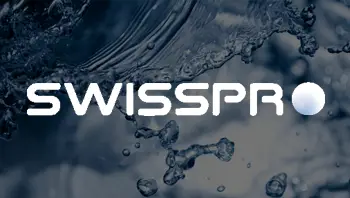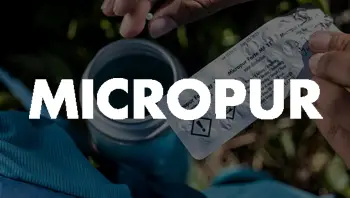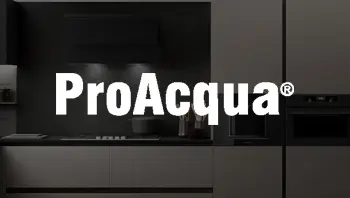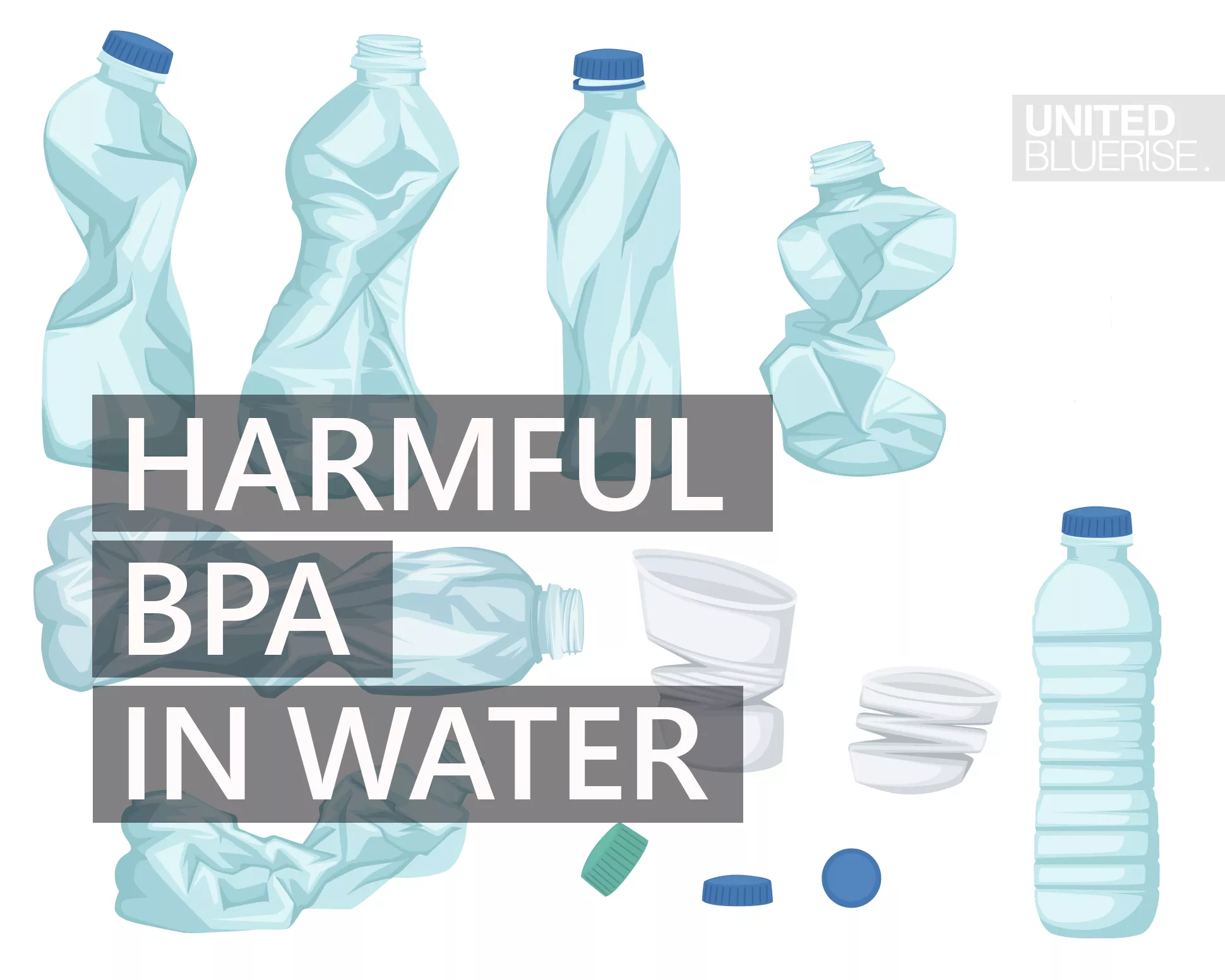In recent years, concerns have been raised about the presence of bisphenol A (BPA) in water and its potential impact on human health.
In 2017, the Europeans chemicals agency ECHA had listed BPA as Substance of very high concern SVHC due to its properties as endocrine disruptor.
Bisphenol A (BPA) is an industrial chemical used primarily in the manufacture of polycarbonate (PC) plastics and epoxy resins. This article aims to shed light on the issue of BPA in water, its potential risks, and the significance of BPA-free products in safeguarding our well-being.
Harm of BPA in Water: A Cause for Concern BPA has been found to leach into water from various sources, including plastic bottles, food containers, and even water supply systems.
When consumed, it can mimic the hormone estrogen in the body, potentially disrupting the endocrine system.
Research has suggested that BPA exposure may be linked to a range of health issues, including reproductive disorders, developmental problems in children, and an increased risk of certain cancers.
The Importance of BPA-Free Products To address the potential risks associated with BPA, the concept of BPA-free products has gained significant attention. BPA-free refers to products that are manufactured without the use of bisphenol A. Such products are designed to provide a safer alternative, minimizing the risk of BPA exposure and its potential health effects.
Since BPA Free becomes trendy, manufactures gave created different variations of this chemicals, such as BPS, BPF, BPAF, BPZ. BPP and BHPF. However, they have the same basic chemicals and consequences are similar
Choosing BPA-Free Alternatives:
- Water Purifier and Reusable Bottles: Avoid purchasing bottled water, because they are made of single use plastic and could be made of BPA.
- Food Containers: Opt for BPA-free food containers made from alternative materials such as glass, stainless steel, or BPA-free plastics. These options provide safer alternatives for storing and reheating food without the risk of BPA leaching.
- Baby Products: Parents should pay special attention to BPA-free alternatives when selecting bottles, sippy cups, and other feeding utensils for their infants and young children. This reduces the risk of BPA exposure during a critical stage of development.
- Canned Foods: Canned foods are a potential source of BPA exposure due to the lining used in cans. Look for brands that use BPA-free can linings or consider choosing fresh or frozen food options whenever possible.
Role of Regulations and Awareness: To protect consumers from potential harm, many countries have implemented regulations and restrictions on the use of BPA in certain products. Additionally, increased awareness about the risks associated with BPA has prompted manufacturers to develop safer alternatives and label their products as BPA-free. Consumers play a vital role by staying informed, reading labels, and making conscious choices that prioritize their health and well-being.
UNITED BLUERISE Role to Eliminate BPA from Products:
BPA-Free Filtration Materials: UNITED BLUERISE prioritize using filtration materials that are free from BPA. By selecting BPA-free components in their water purification systems, the company can provide consumers with an added layer of assurance that their drinking water will not be contaminated with this chemical.
Education and Awareness: UNITED BLUERISE take an active role in educating consumers about the risks of BPA in water and the benefits of using water purifiers to mitigate these risks. By providing informative materials, blog posts, or customer support, the company can empower consumers to make informed decisions about their drinking water and the importance of BPA-free purification systems.
Consumer Guidance: UNITED BLUERISE can offer guidance to consumers on selecting the right water purifier that addresses their specific concerns, including BPA removal. By understanding the different technologies and filtration methods employed by their products, the company recommend systems that effectively eliminate BPA and provide clean, safe drinking water.
Sustainability Focus: In addition to BPA removal, UNITED BLUERISE emphasize sustainability in their product design. By manufacturing durable and long-lasting water purifiers, using recyclable materials, and promoting a reduction in single-use plastic bottles, the company can contribute to minimizing environmental pollution and waste.
Article: QL-7153







